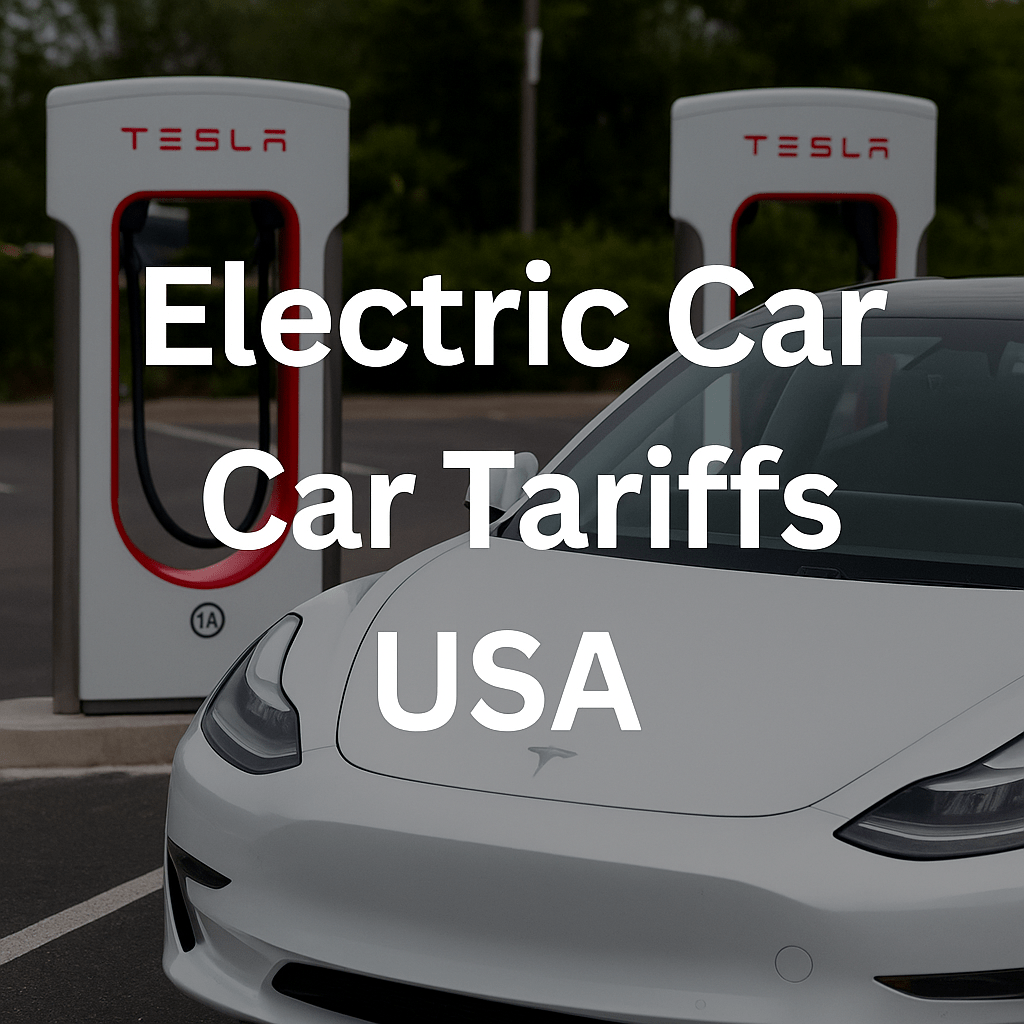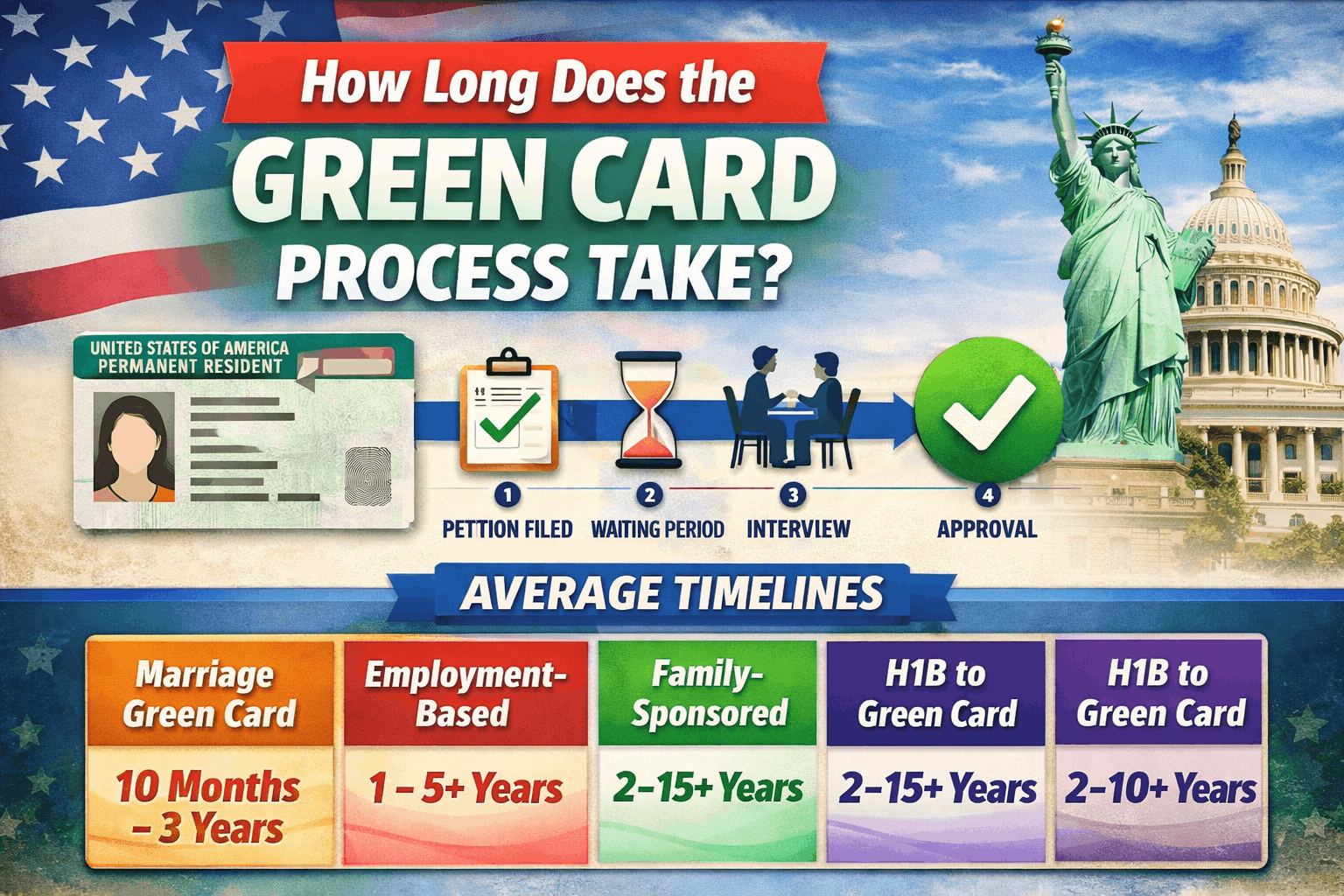|
Getting your Trinity Audio player ready... |
Electric Car Tariffs USA 2025 are making headlines and for good reason. The U.S. government’s decision to enforce aggressive EV import tariffs USA is sending shockwaves through the electric vehicle industry. As the demand for clean energy grows and sustainability becomes a national priority, this new policy could either be a stepping stone toward self-reliance or a stumbling block for consumers and automakers alike.
A Turning Point in U.S. EV Policy: Electric Car Tariffs USA 2025

Under the revised US electric car policy 2025, imported electric vehicles and components especially those from China and non-USMCA nations are now subject to tariffs of up to 25%. These changes are part of a broader strategy aimed at strengthening domestic manufacturing and reducing dependency on foreign EV supply chains.
While the intention is clear boost American jobs and protect national interests—the immediate consequence is a sharp EV price increase in 2025. Analysts project that certain imported EV models could become $5,000 to $20,000 more expensive, making them less competitive in the U.S. market.
Who’s Affected? Tesla, Ford, Hyundai & You
While Tesla tariffs USA are largely unaffected due to the company’s robust U.S.-based production facilities, other automakers aren’t as fortunate. Brands like Hyundai, Kia, BMW, and Volvo, many of which rely on foreign parts and assembly, are facing production delays, cost surges, and potential loss of market share.
In response, companies are scrambling to shift production to North America, but that’s a costly and time-consuming process. Until then, American EV shoppers may see limited inventory, longer delivery times, and fewer affordable options in showrooms.
Electric Vehicle Tax Credit 2025: A Race Against Time

Compounding the issue is the looming expiration of the electric vehicle tax credit 2025. Currently, buyers can still receive up to $7,500 in federal incentives for qualifying EV purchases. But these credits are set to expire on September 30, 2025, unless renewed by Congress.
This deadline is expected to create a surge in EV sales over the summer, as consumers rush to secure the tax benefit before it vanishes. However, industry experts warn of a “sales cliff” post-deadline, especially if high tariffs remain and no new incentives are introduced.
EV Sales Forecast USA: Headwinds Ahead?
The combined pressure of higher prices and expiring tax credits is already altering the EV sales forecast USA. According to BloombergNEF, EV adoption in the U.S. may slow significantly in late 2025, with projections showing a potential 20–25% drop in Q4 if policy support fades.
That slowdown could hit automakers hard—especially those investing billions into electrification. It also raises questions about how the U.S. plans to meet its ambitious climate goals without broad consumer participation in the EV revolution.
Innovation or Isolation?
There’s no doubt the Electric Car Tariffs USA 2025 are a wake-up call for the industry. For some, they represent an opportunity to bring jobs home, scale up U.S. battery production, and reduce reliance on foreign governments. For others, they mark a dangerous pivot toward economic isolation that may stifle innovation, inflate costs, and derail progress.
Domestic EV manufacturers like Tesla and GM may benefit in the short term, but long-term growth depends on more than just tariffs. Clear policy direction, supply chain resilience, and continued investment in charging infrastructure will be critical if America wants to stay on the frontlines of the electric revolution.







